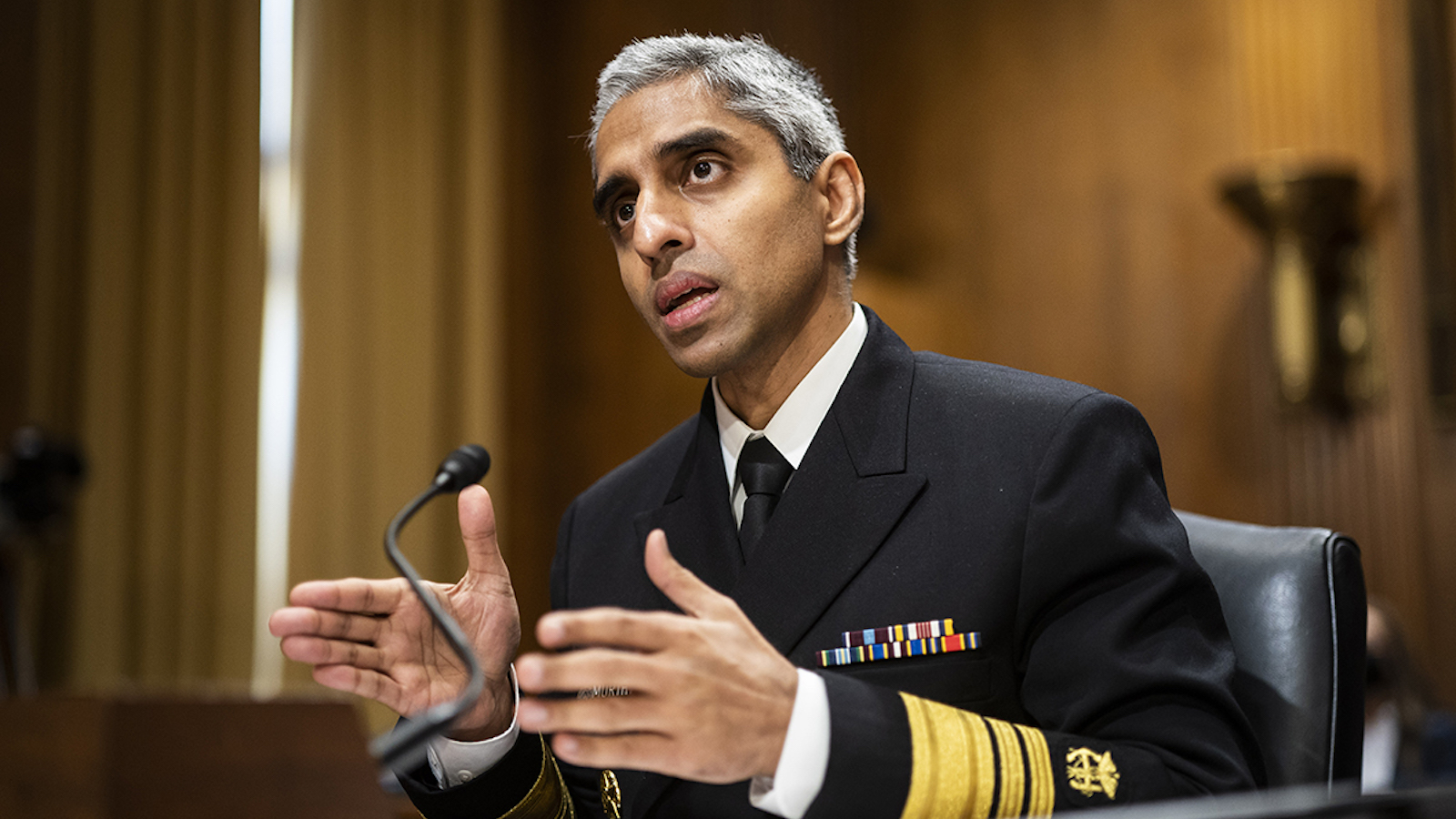
Surgeon General’s Mislabeling of Social Media
Amidst an ongoing debate on the benefits and harms of social media, U.S. Surgeon General Dr. Vivek Murthy recently urged Congress to pass legislation mandating warning labels for social media platforms. If that sounds familiar, it’s because the United States already does something similar with tobacco products, like cigarettes.
Dr. Murthy’s concerns stem from the ongoing—and unsettled—debate on whether social media has caused a growing mental health crisis among American youth, a debate that ignores the immense positive impacts of social media connectivity.
Rather than wait for more conclusive information, Surgeon General Murthy joins the chorus of state and federal lawmakers proffering legislation before the dust settles. Just last year, state policymakers in thirty five states introduced legislation with twelve states passing them. But recent studies suggest a more cautious approach.
A recent health advisory from the American Psychological Association (APA) found that social media use is not inherently beneficial or harmful to young people, rather that online activity is often a reflection of their lives in the real world. Emotional connection to social media also matters. Routine use of social media may even positively impact mental health—but emotional attachment to social media use erodes those benefits.
Contrary to conventional wisdom, social media often provides enormous benefits to teen mental health, especially when it is used to connect teens to their social groups. Teenage social media use during the coronavirus pandemic, for example, spurred connection and improved mental health and feelings of connectedness when used to interact in real time with peers. The ability to communicate in real time even lessened feelings of isolation when stay-at-home orders cut down on positive real-world, human-to-human interaction.
Positive use cases abound. One teenager in Iowa was able to find information on a surgery to correct a birth defect that impacted his lung capacity and other areas of health and self-image. Social media allows teenagers with autism to connect with friends and family in a more comfortable way without the demands of in-person interaction. It also routinely connects Americans with shared interests, with one woman finding community by sharing vintage signs on Instagram.
More research is needed, of course, but Congress is already debating action. The Kids Online Safety Act (KOSA) has many issues—the definitions are vague and unintended consequences abound—but it does require more studies analyze the link between mental distress and social media use. This research could be used to flesh out the types and circumstances where social media is actually harmful for mental health and who is most vulnerable. That means more targeted solutions.
In the end, how social media is used matters—and parents are better positioned than the government to determine when and how their children should use social media. The Surgeon General’s call for social media warning labels is premature. Congress should pause and await further research.
Free the People publishes opinion-based articles from contributing writers. The opinions and ideas expressed do not always reflect the opinions and ideas that Free the People endorses. We believe in free speech, and in providing a platform for open dialogue. Feel free to leave a comment.




Pingback: Free the Market - Surgeon General’s Mislabeling of Social Media - The American Consumer Institute Center for Citizen Research
Pingback: Free the Market - Surgeon General’s Mislabeling of Social Media - The American Consumer Institute Center for Citizen Research